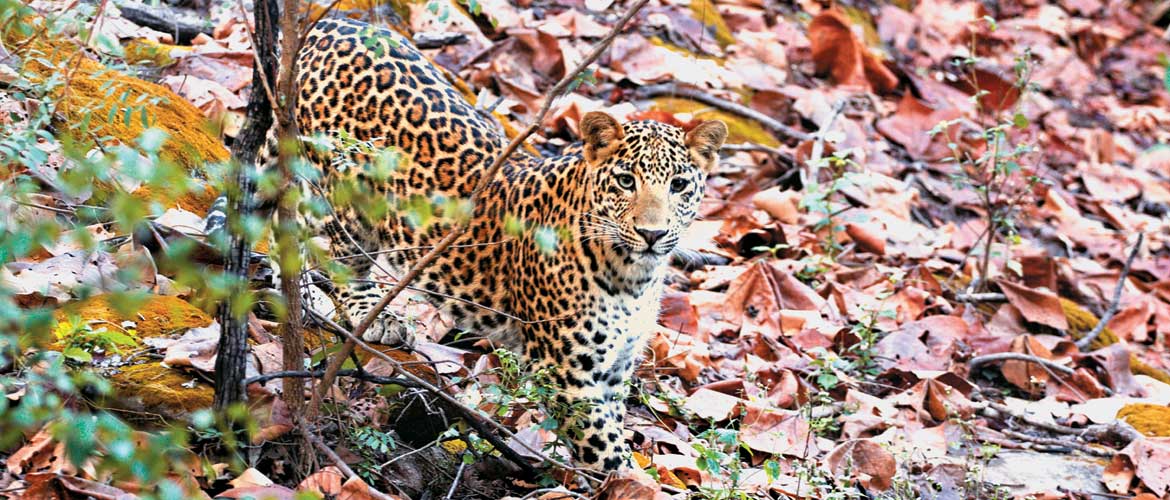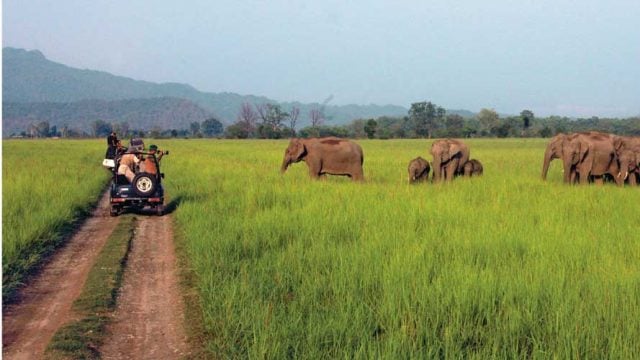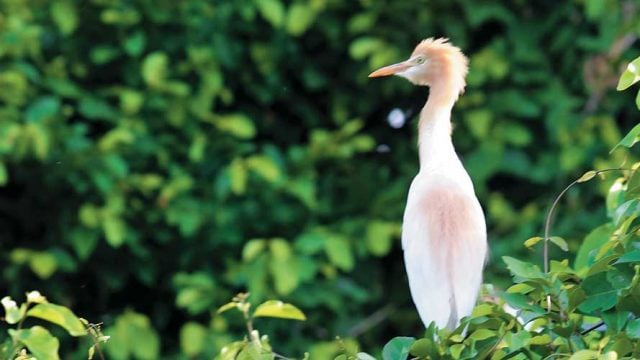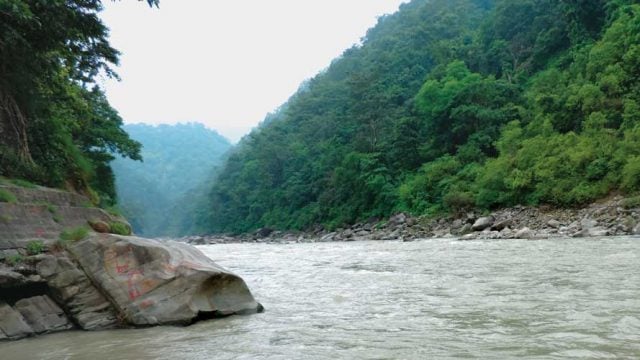The 524sq km Satpura National Park forms the core zone of the Pachmarhi Biosphere Reserve,
Satpura, located in the Pachmarhi Plateau, was notified as a Tiger Reserve under Project Tiger in 1999–2000. It has a rugged terrain, comprising gorges, sandstone mountains, waterfalls, streams and forests. Elevations here range from 290m to 1,352m.
Satpura is a haven for the true naturalist. The park is home to over 1,300 species of plants. Trees commonly found in the park include teak, sal, tendu, mahua, bel, bamboos, grasses, lantanas, medicinal plants, mango trees as well as some endemic ferns.
The Satpura National Park is one of the most picturesque parks in India. The Satpura forest is dense and has many rivulets that add to the beauty of the forest.
The park can be accessed via the kuchcha road from Pachmarhi to Panarpani and Neemghan. To get the most out of your trip, plan at least four days to visit the entire Pachmarhi Biosphere circuit, with night halts in Churna or Maghai villages. Churna is best approached from Pachmarhi, but you can also reach it from Itarsi.
Things to See and Do
Unlike other national parks, the Satpura National Park is still relatively free from the likes of loud day-trippers, and you can easily spend a few restful days exploring the wilderness on a safari. The silence is interrupted only by the engine of your vehicle or the denizens of the jungle.
The park is home to several animals, including tigers, leopards and striped hyenas. The most commonly sighted animals, however, are the Indian bison, chital, small Indian civet and golden jackals amongst others. Birders can spot the crested serpent eagle, honey buzzard, black eagle, Malabar pied hornbill, ruddy shelduck, herons and the rare Asian paradise flycatcher.
Visitors who believe that a trip to a wildlife park is incomplete without a glimpse of the king of the jungle, may get lucky here. The big cat has been spotted often enough in Satpura, especially at Madai, Churna, Dhal and Paraspani, and you can lie in wait at these places.

Alternatively, drive the Tawa-Dhoopgarh circuit 60km (5 hours), which begins from the edge of the Tawa Reservoir in the plains of Churna to Dhoopgarh (1,352m), the highest peak in the Satpura Range. The Satpura National Park is open for visitors from 16 October to 30 June. Don’t forget to carry your camera, as the boat ride would offer you wonderful photography opportunities.
Jeep Safari
Your hotel can book a safari for you, or you can head to the Forest Department’s counter at Madhai Gate near Denva river. Booking starts at 6.00am. You can also make the bookings online (W mponline.gov.in). You are not allowed to get off from the jeep except at designated points. Keep in mind that animal sightings in this park are best at sunset.
◆ Entry ₹2,700–3,500, upto 6 pax, vehicle and guide fee
Elephant Safari
Elephant safaris are not as common in Satpura as in other sanctuaries of Madhya Pradesh. Safaris are organised by the park management with written permission from the Field Director of Satpura National Park. You will have to fill a requisition form, pay the fee and submit it to the Department Office far ahead of the required dates. However, there is still no guarantee that you will get permission as it depends on availability.
◆ Safari ₹750 per pax (1hr)
Timings 6.00–10.00am
Boat Rides
The Denwa river, which originates in the southeastern part of the Hoshangabad District and flows from east to west direction before joining the Tawa river at south of Rainpur, is the lifeline of the park.
The Tawa dam has been constructed at the confluence of the Tawa and Denwa rivers. All these rivers are the tributaries of the mighty Narmada river.
The management offers boating for a fee on the Denwa river, as do a few resorts. Boating is a good way to spot marsh crocodiles, birds, and a variety of animals. It also offers wonderful opportunities for those interested in photography.
◆ Boating ₹950 for 2 pax Motorboat ₹2,200, per hour, upto 10 pax
Tip Taking a forest guide is mandatory here
WHERE TO STAY AND EAT
A few good options for boarding are Denwa Backwater Escape (Tel: 0124-2570404, 2571404; Tariff: ₹15,000–30,000) and Satpura Jungle Retreat (Cell: 09425310444; Tariff: ₹4,500–5,500; W satpurajungle.com). Food options are limited here. It is best to have your meals at your hotel.
GETTING THERE
State Madhya Pradesh
Location In Hoshangabad District, surrounded by the Satpura Hills
Distance 180km S of Bhopal
Route from Bhopal Via NH12 to NH69
Air Bhopal Airport (180km/ 4hrs) connected to Delhi, Mumbai and Indore. Taxi ₹3,500 to Madhai (drop)
Rail Nearest railway stations are Itarsi, Hoshangabad, Pipariya and Sohagpur
Road From Bhopal, take the NH69 to Dhodra Mohar and Suplai
Bus MP state transport department runs buses between Bhopal and Pipariya, which is the closest bus stand to Satpura National Park. For more information regarding bus schedules, check W mptransport.org
FAST FACTS
When to go October to March, when the weather is pleasant
Wildlife/ Tourist offices
The Field Director
Satpura National Park
Hoshangabad Circle
Tel: 07574-254394
MP Tourism
Paryatan Bhavan
Bhadbhada Road, Bhopal
Tel: 0755-2778383
Toll free: 1800-233-7777
STD code 07574
Satpura National Park
India
Denva River





